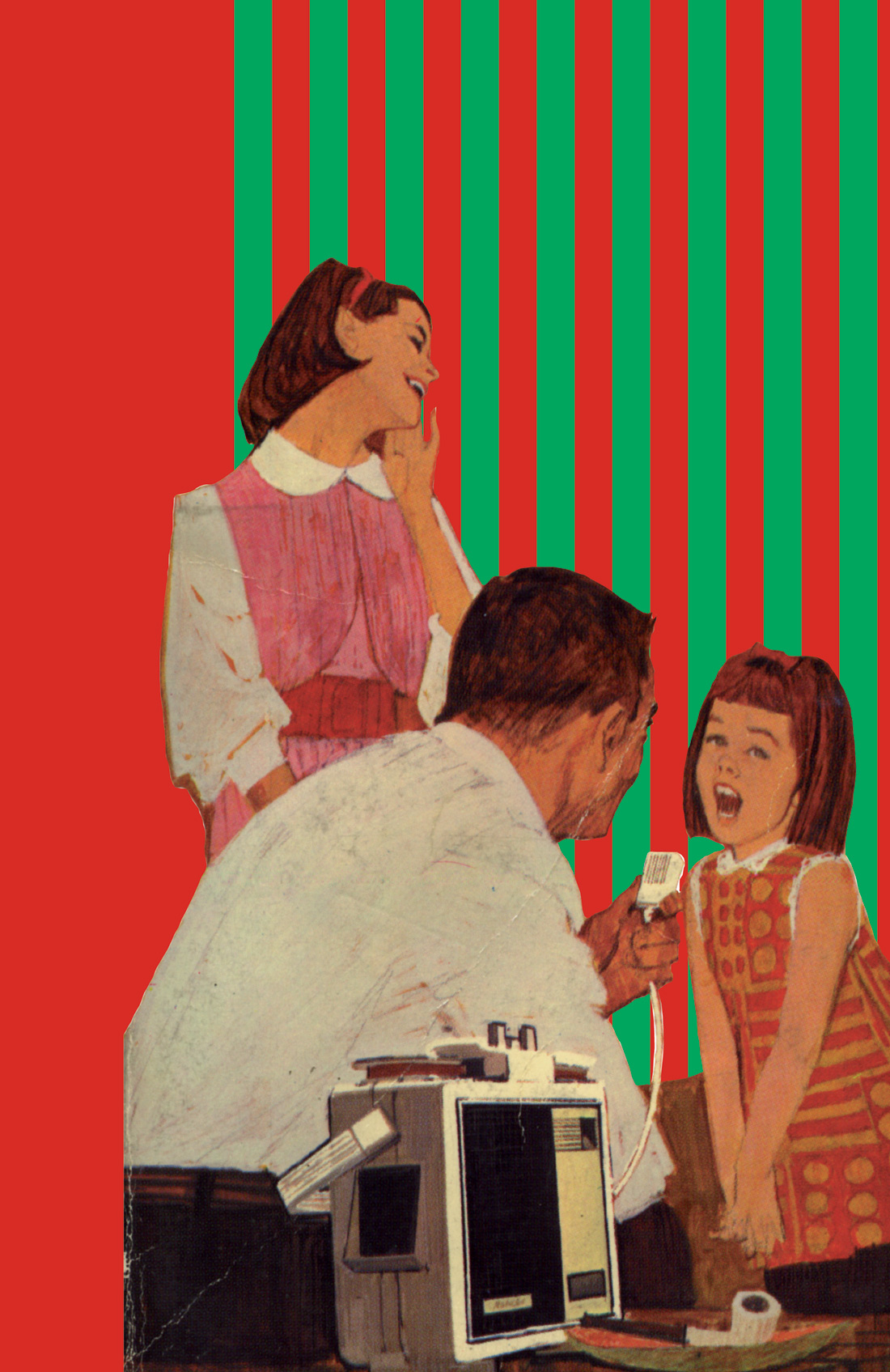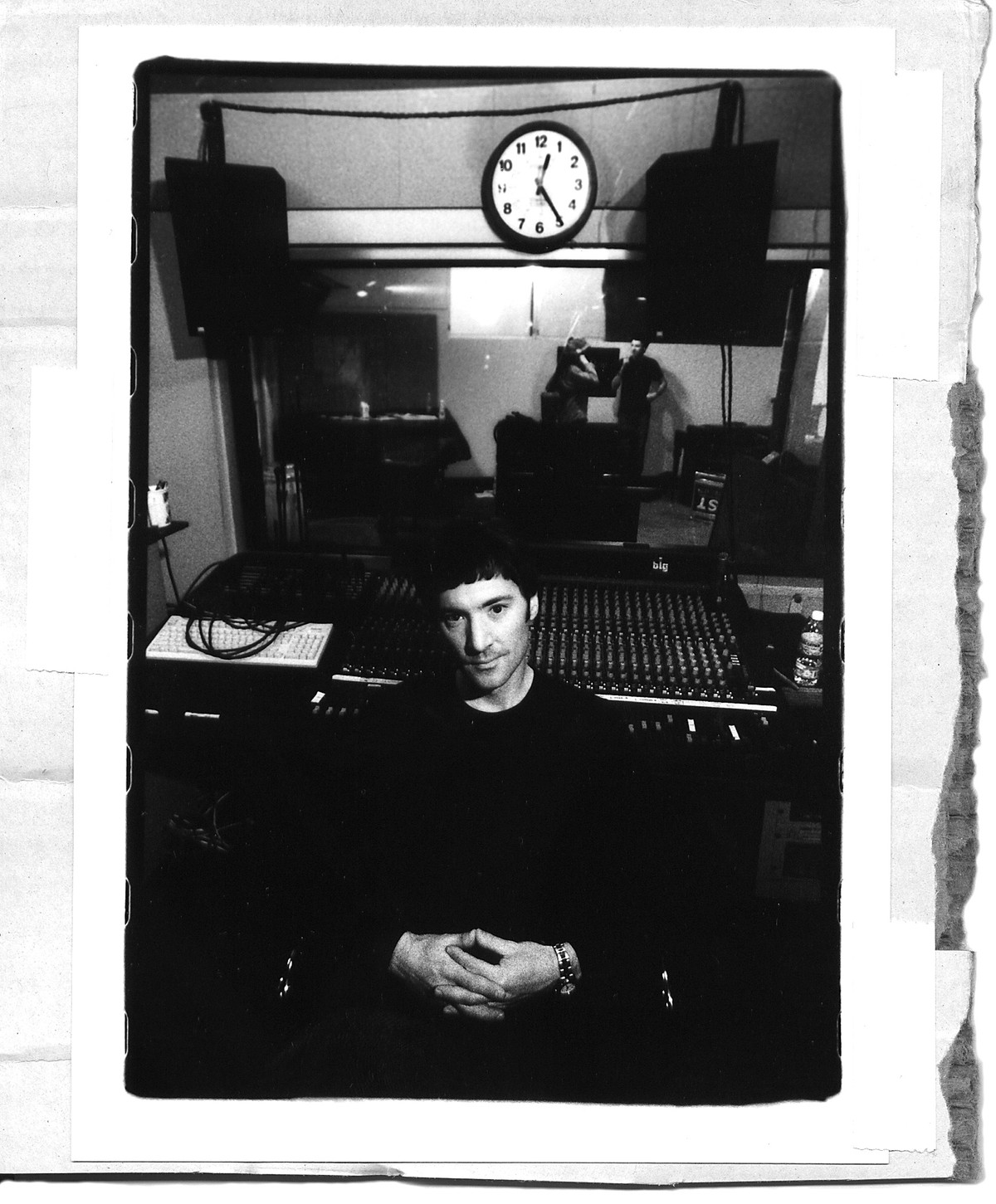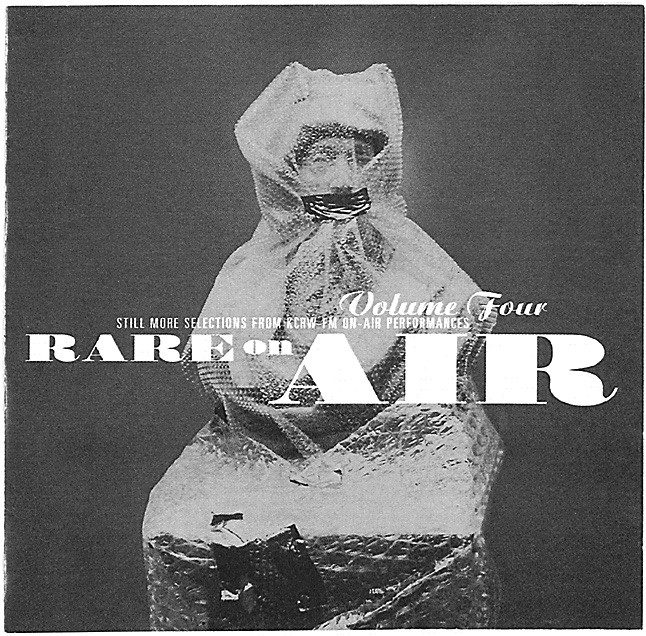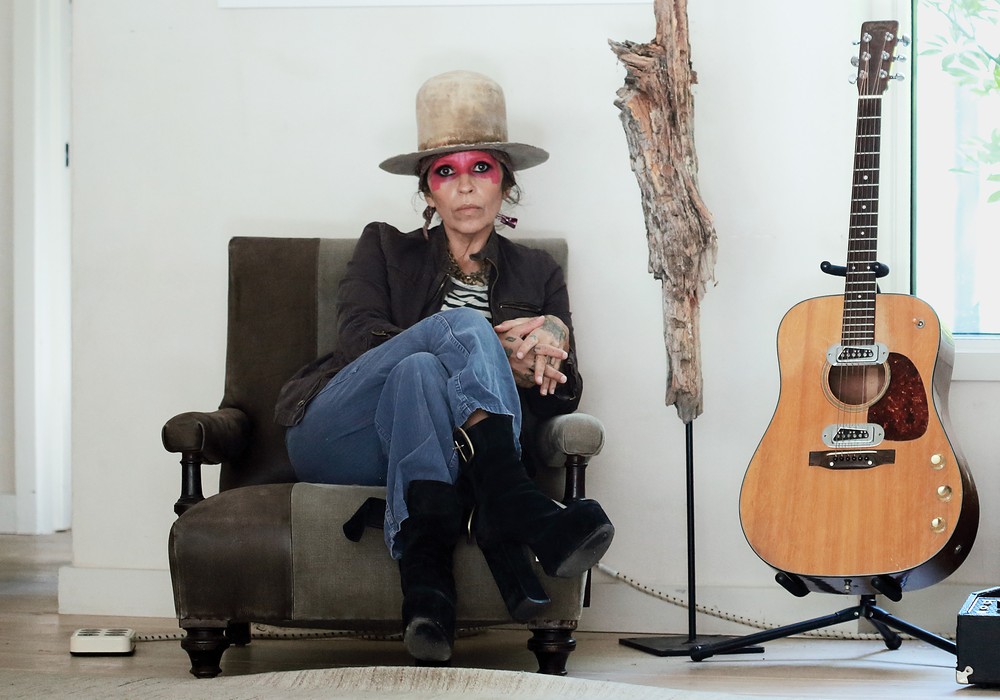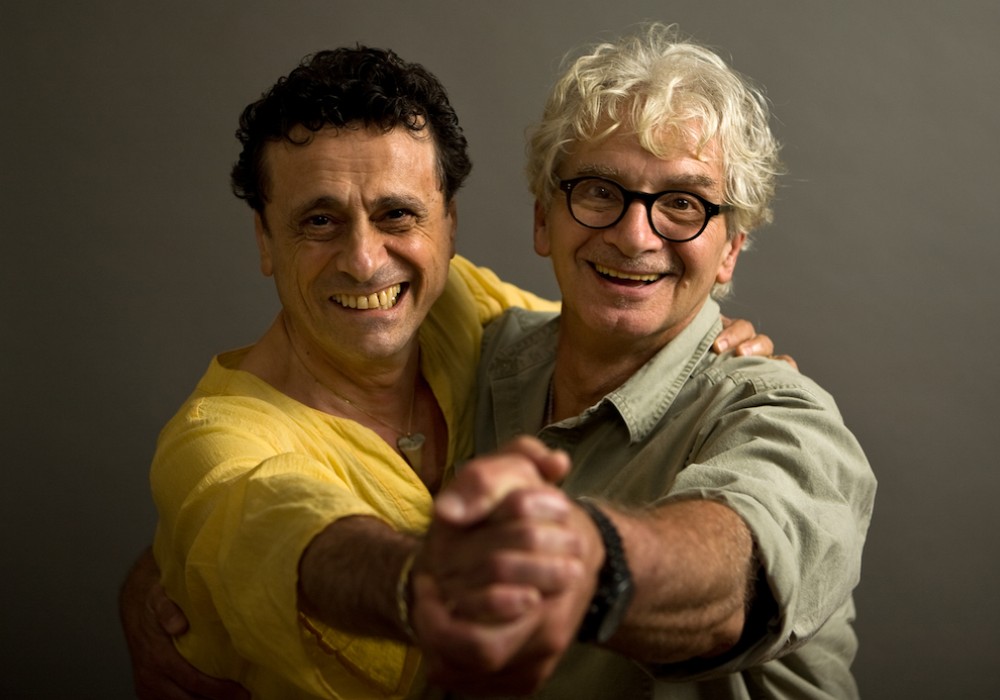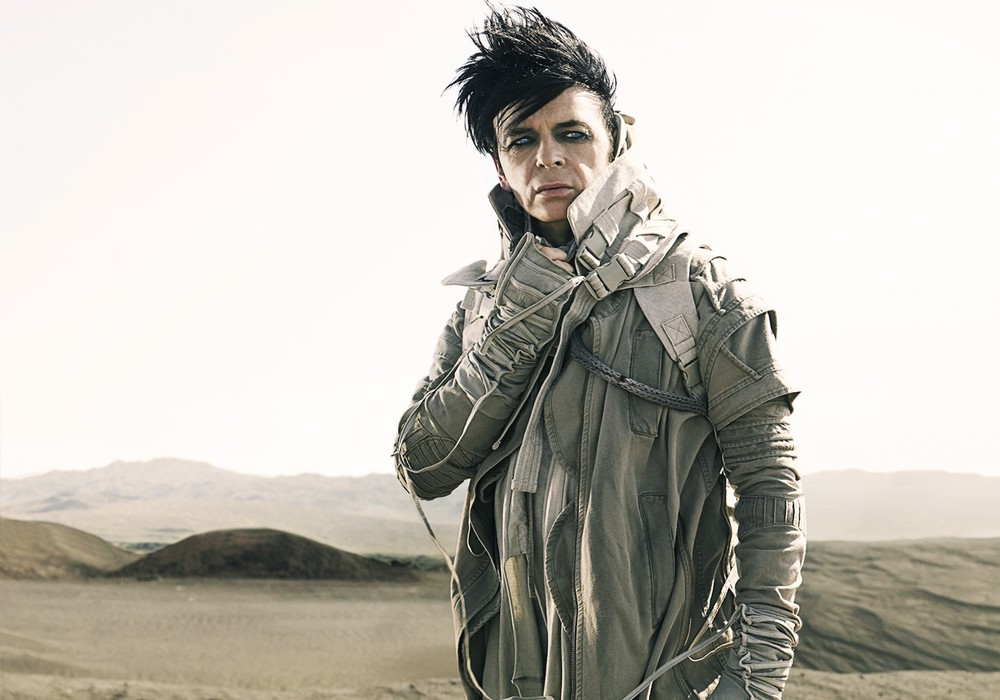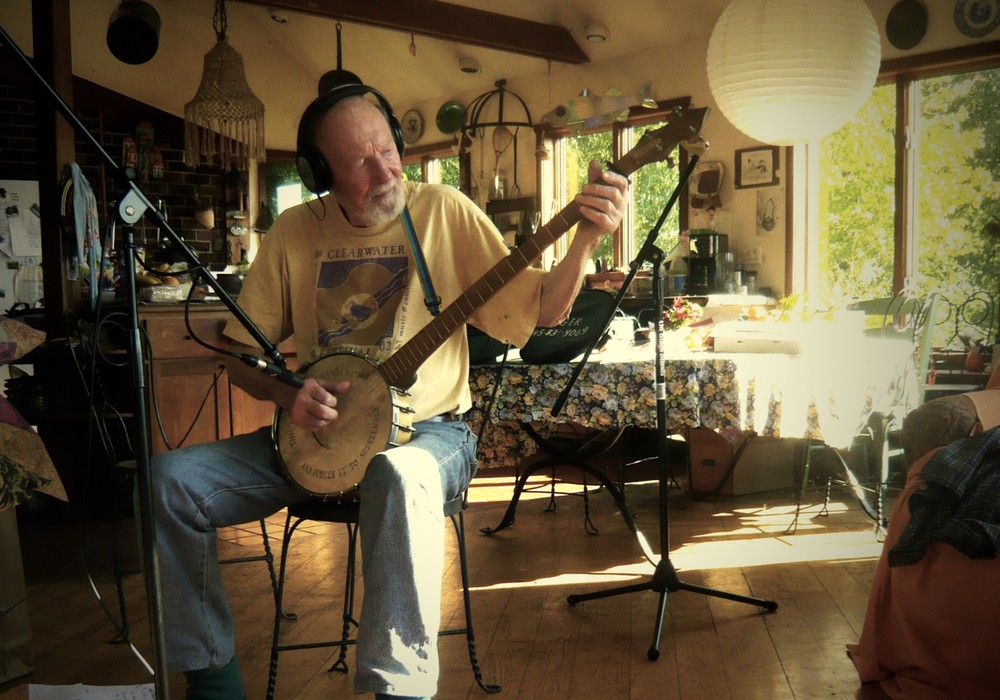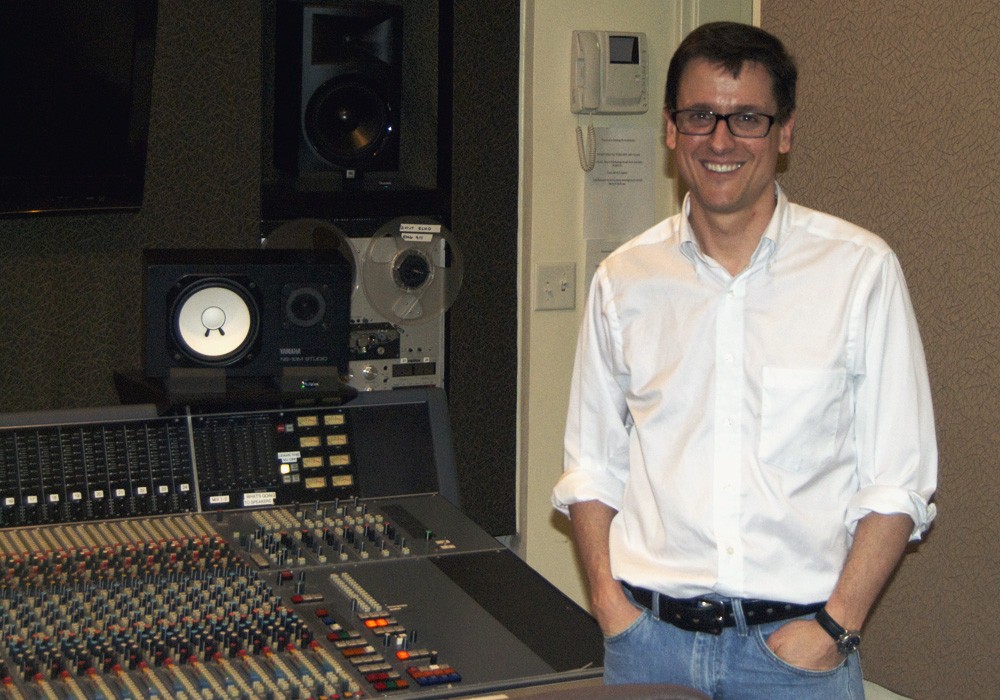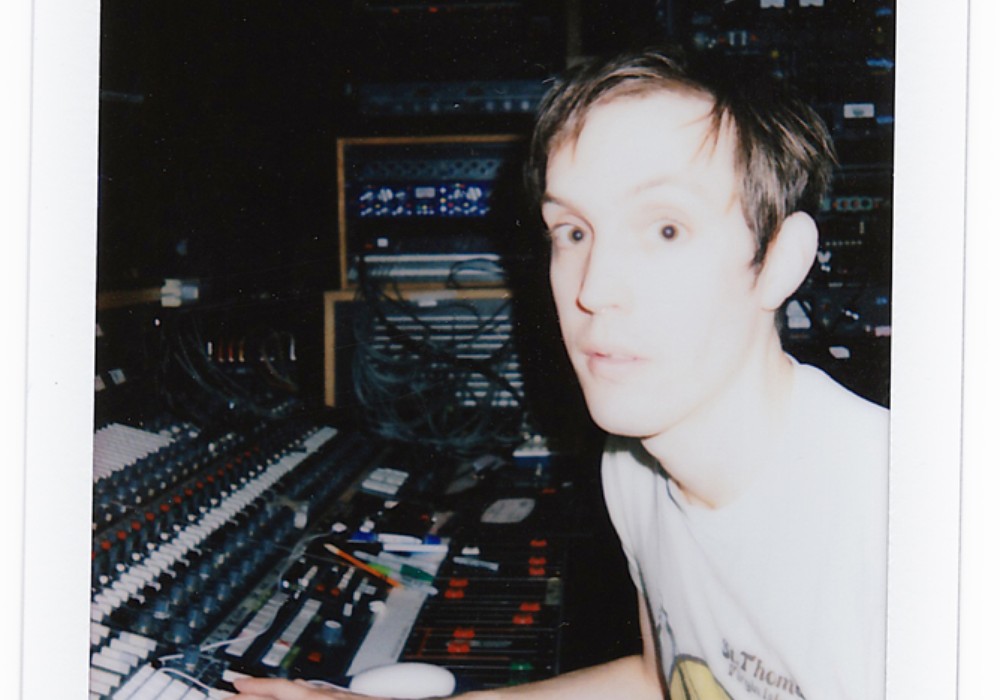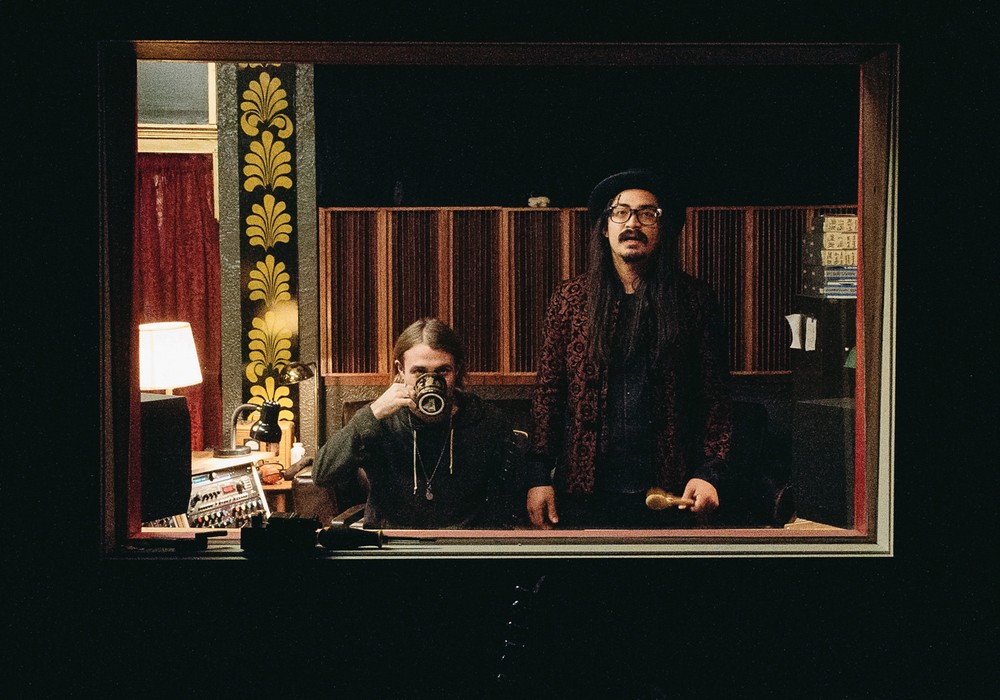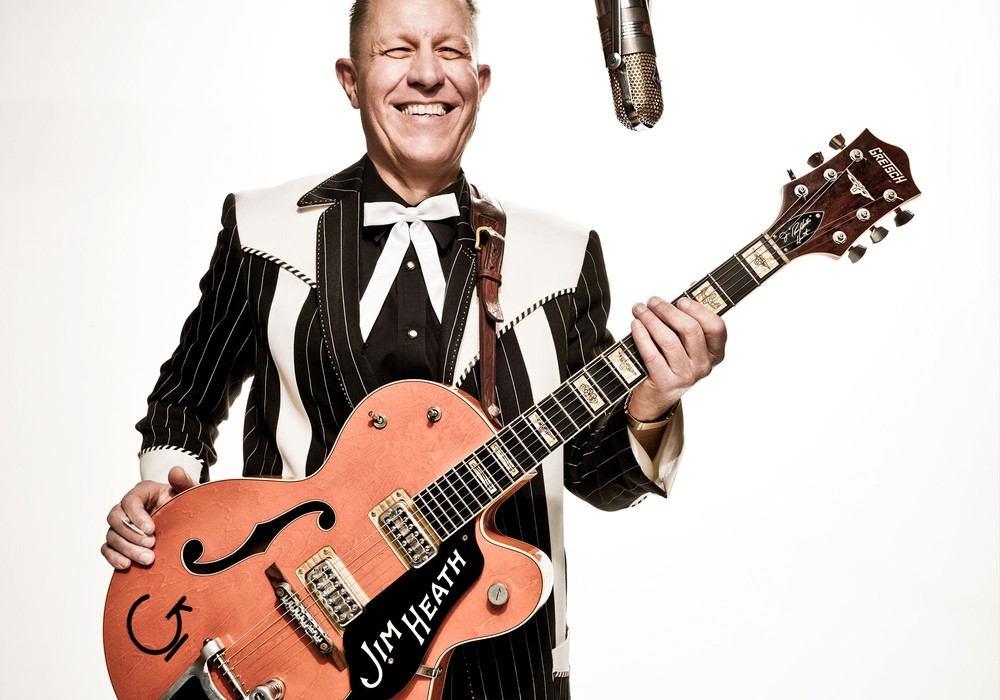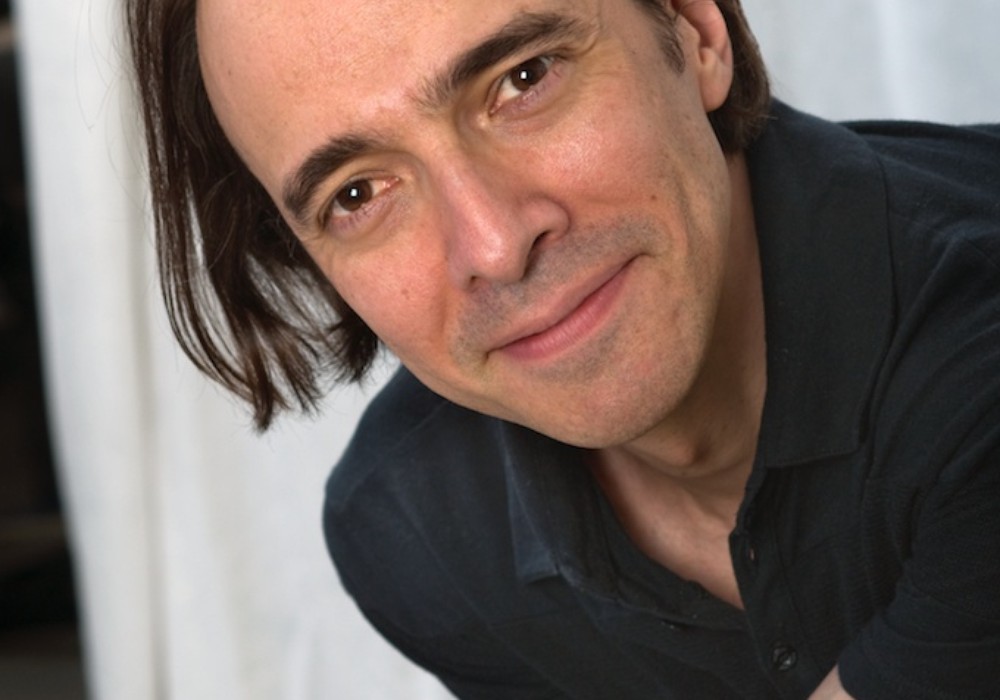Years ago a friend of mine sent me a cassete with a live broadcast of the Go-Betweens, Downey Mildew and Glass Eye that he recorded off the radio from KCRW (public radio 89.9FM) in Santa Monica, California. These weren't crummy recordings by any means, and when I saw that compilations of tracks from KCRW sessions were being released (via Mammoth records) I wasn't surprised. The show is called Morning Becomes Electric and Scott Fritz has born one of the main engineers for the show for the last eight years.
How did you end up with a job at KCRW? What's the university it is associated with?
Many years ago our general manager walked in saying, "Hey, I have a vision. I want to take this tiny station and turn it into a community service." KCRW started out as a training facility for returning veterans in 1948. We get special breaks because of that. So we stay here, but we are not part of the tutorial aspect of the college. We do have interns, but there is a separate broadcasting department in another part of the campus.
So you're separated financially from the college.
Yes we have our own budget, we raise our own money. We just got done with our fund driving; we raised over a million. We have two fund-raisers a year.Because we are in LA and the industry is here, the musicians are here, and people who get it live here. We are very unique, very fortunate and very thankful to the people who give us money. We are able to afford things like the Amek board. The gear that we have is professional quality. Many bands walk in here thinking it's going to be a couple of mics and playing in a closet. They are just blown away by the equipment that we have.
How did you end up working there?
I started out in broadcasting. I was at KROQ for a little bit, and then I went to a company called Digital Planet, doing audio production. The company was funded by venture capitalists and they pulled the money out from underneath us. I went on vacation and came back, I was told "By the way, you don't have a job." Which was lovely. Then it was a whole timing thing, I lucked out that the director was leaving from KCRW. That opened up a slot, and me being a musician since I was five. Being around microphones and mixing boards, it all came together. Everything that I had learned so far came together when I walked into KCRW.
The station was doing live broadcasts before you showed up.
Yes, and there is some amazing stuff. They've got old Love Tractor live. The things they have just blow your mind. Back then they were recording it to reel to reel still. They stopped that. When I got here they were recording them to DAT, simply because of lack of space. If we had everything that we've done on reels, it would take up a lot of room.
That's true, it would be kind of big. Is the show once a week?
No, it's every day, five days a week.
Well, no wonder your tapes are piling up. So you're there every morning?
We usually, on average, have four bands a week. Sometimes more during touring season. There are two other people that are also engineers here. Bob Carlson and J.C. Swiatek. Then there's the DJ, Nic Harcourt. I do other things, than just the bands. There's regular audio production, and what's also great about this place, I'll be working with Yo La Tengo one day. The next day I'll be recording a radio drama down at the other end of the studio for the BBC.
A good variety of work.
Exactly. Mic'ing a radio drama is a completely different thing... getting it to work in a stereo spectrum.
Have you studied up for some of these things that you had to do?
For the radio drama stuff, most of it comes naturally. You know what you want. X/Y [stereo mic pair] for the radio drama stuff. You've basically got to tell the director, "Look we are working with audio, you're doing visual." Stuff like that, trying to get them to switch gears. Trying to get them to not look. So if you don't look and you're listening you catch weird things.
Kind of like the first time you hear your voice recorded. You are used to hearing your voice in a certain way. But when confronted with how it really sounds, it sounds strange.
Yeah. It's a bit of a Foley [sound...
